People who have been recently subpoenaed to appear in front of a federal grand jury in Maryland may receive a target letter. This is a document that is issued by the United States Attorney’s Offices. This is the arm of the U.S. Department of Justice that handles prosecutions. Once you receive this letter, you are advised to take it very seriously.
Who can issue a target letter?
Target letters can be issued by the DOJ on behalf of a number of agencies that have the power to file federal charges. Some of these may include:
- U.S. Postal Inspection Service
- Consumer Financial Protection Bureau
- Department of Homeland Security
- Internal Revenue Service
- Immigrations & Customs Enforcement
- Secret Service
- Drug Enforcement Administration
What happens after you get a target letter?
Once the target letter has been delivered, you will be expected to make an official acknowledgement. You cannot pretend that you did not receive the letter or are ignorant of its contents. Failure to follow the instructions contained in the letter can get you into some very serious trouble with the authorities conducting the investigation.
What do you need to do next?
Your response to receiving a target letter can form a crucial part of your defense against any charges you may be facing. The first thing you should do is to read the letter carefully. The letter will likely contain a warning against destroying any documents that may be relevant to the investigation.
There are many details included in the target letter that you will need to be familiar with. Reading the letter carefully will let you know what will be expected of you when you show up to testify at the hearing.
You should also take the time to go over your official grand jury subpoena. You need to know when and where you will be called upon to give testimony. Reading it will also let you know what documents you may be expected to bring with you as evidence.

